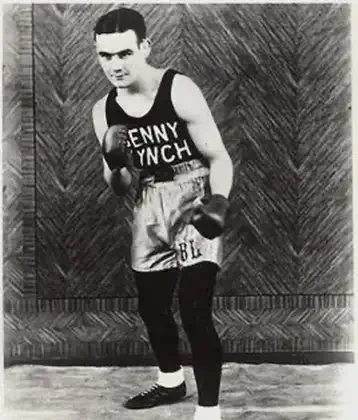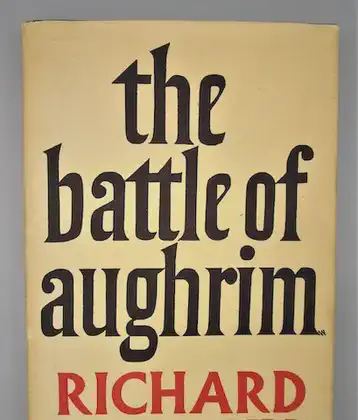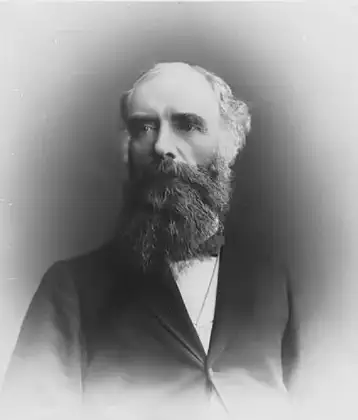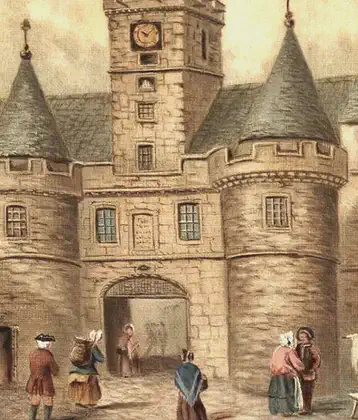On August 06, 1761 in Celtic History
Richard nugent, lord delvin, mp for fore, and still a teenager, dies of wounds he received after fighting a duel with a mr reilly on july 30

Richard Nugent, the 16th Baron of Delvin, was a young Irish nobleman who tragically died as a teenager from wounds sustained in a duel. Nugent, who was also a Member of Parliament for Fore, County Westmeath, Ireland, was fatally injured after engaging in a duel with a Mr. Reilly on July 30, 1761. His death occurred shortly thereafter, highlighting the dangers and deadly consequences of dueling, which was still a common practice among the aristocracy during that period.
Background
- Richard Nugent: Richard Nugent, Lord Delvin, was born into the prominent Nugent family, which held significant influence in Ireland. The Nugent family had a long history of service to the English crown in Ireland and held extensive lands and titles. As the 16th Baron of Delvin, Richard was expected to continue the family’s legacy.
- Political Career: Despite his young age, Nugent was a Member of Parliament (MP) for Fore, a constituency in County Westmeath. His election to Parliament as a teenager reflected the influence of his family and the expectations placed upon him to participate in public life and governance.
The Duel and Its Aftermath
- The Duel with Mr. Reilly: On July 30, 1761, Richard Nugent fought a duel with a man identified as Mr. Reilly. The reasons for the duel are not entirely clear, but like many duels of the time, it likely arose from a personal dispute or an issue of honor. Duels were often seen as a way to settle matters of reputation, particularly among the aristocracy, despite their inherent dangers.
- Nugent’s Injuries and Death: Nugent was gravely wounded during the duel. Despite efforts to save him, he succumbed to his injuries shortly afterward, dying at a very young age. His death was a tragic loss for his family and underscored the risks associated with the practice of dueling.
Impact and Legacy
- End of a Promising Career: Nugent’s death cut short what might have been a promising career in Irish politics. As a young member of the influential Nugent family and an MP, he had the potential to play a significant role in Irish public life. His untimely death, however, meant that this potential was never realized.
- The Dangers of Dueling: Nugent’s death serves as a reminder of the fatal consequences of dueling, a practice that, despite its romanticized reputation, often led to unnecessary and tragic losses. During the 18th century, dueling was a common way to resolve disputes among the upper classes, but it was also increasingly criticized for its senseless violence.
- Family Legacy: The Nugent family continued to play a role in Irish politics and society after Richard’s death. The title of Baron of Delvin eventually passed to other members of the Nugent family, who carried on the family’s legacy.
Richard Nugent’s death as a result of a duel is a poignant example of the risks associated with the practice of dueling, particularly among the aristocracy in the 18th century. His early death cut short a life that held much promise, and it remains a tragic chapter in the history of the Nugent family and Irish nobility.
More From This Day





Sir William Ridgeway, classical scholar, is born in Ballydermot, Co. Offaly
August 06, 1853



First Glasgow-Edinburgh coach service began from White Horse Inn, Edinburgh.
August 06, 1678

John de Wogan ceases to be justiciar; Edmund le Botiller will act as justiciar for the present
August 06, 1312